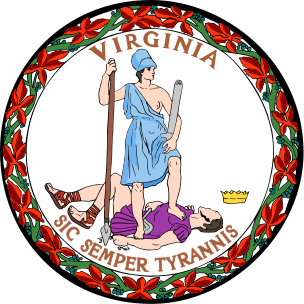It’s not unusual to want to find the registered owner of a vehicle through a reverse license plate lookup. Sometimes people are involved in hit and run accidents, and they are only able to record the license plate information before the other vehicle drives away. You might have hit a parked car and be unable to find the owner to tell them. Or you might be in the market for a new vehicle and wanting to verify that the information you’ve been given is true.
Doing a License Plate Owner Lookup through the DMV
It’s possible to look up a license plate owner through the Virginia DMV. You’ll have to go to the office in person, as there are currently no ways to search for this information on the government website or over the phone. You’ll have to fill an official request for the information and provide reasoning for your request.
Visiting the Department of Motor Vehicles can be frustrating and tiring. The offices are hot, especially in the afternoons. They tend to fill up quickly and move slowly. Depending on the number of forms you’re required to complete, you may have to wait in line multiple times. You might want to consider an alternative option: using a third party to complete your search.
How Do Third Party Records Differ From the Department of Motor Vehicle’s Records?
The amount of information that third party databases have depends largely on the database. Some databases are maintained with up-to-date information, while others may have more outdated documents. If you use an outside third party for your license plate search, you’ll want to be sure it’s one with verifiable information that you can trust. You’ll also want to make sure the type of information you want is included. Sometimes different information is available in databases based on the state of your search and the upkeep of their own records so you can find out who a vehicle is registered to.
You can decide whether to go to the Department of Motor Vehicles or through a third party by weighing the pros and cons.
Pros of the official channels:
- The records contain the most relevant and updated information
- No fee is required for information
Cons of the official channels:
- Requests must be made in person
- There’s paperwork which takes a significant amount of time to process
Pros of third parties:
- You can access them through the internet in seconds
- Many have access to records beyond what the Department of Motor Vehicles can provide
Cons of third parties:
- They don’t always have the most recent information
- They may cost you a fee, unless you use a free website like this one

